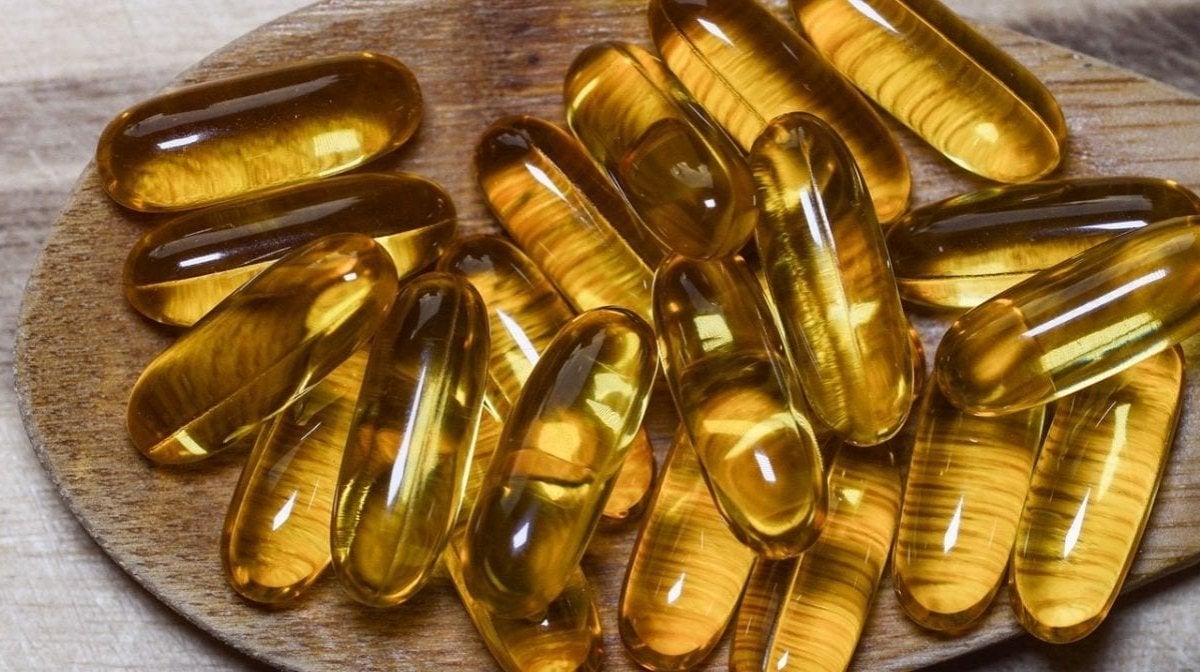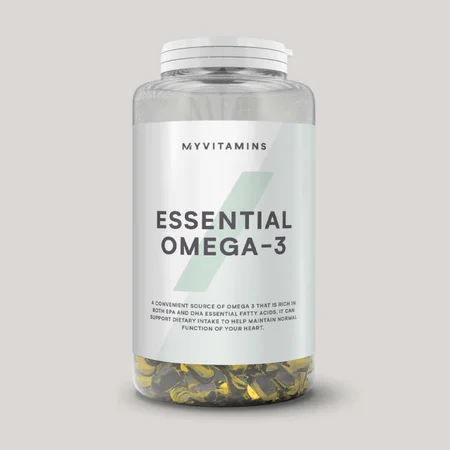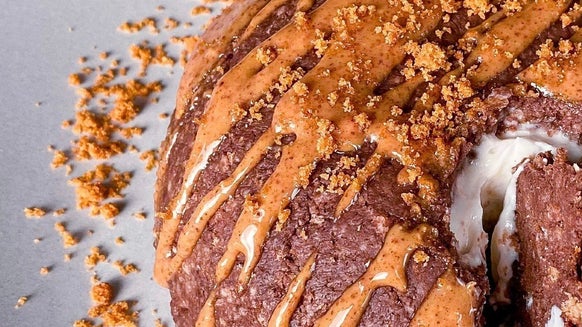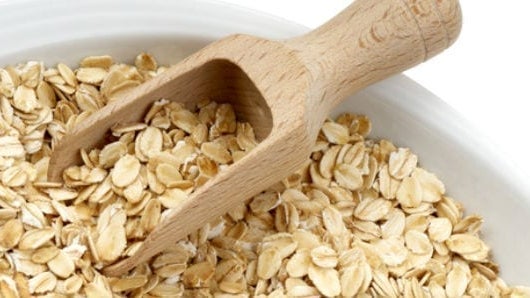Uses of Evening Primrose Oil | Benefits, Side Effects & Dosage

Evening primrose oil is a natural, plant-based supplement that has been used for many years to treat many different ailments. Unsure whether this natural oil will meet your needs? We’ve examined the potential benefits of evening primrose oil and the scientific evidence behind the health claims. Read on to see the potential benefits of this super plant oil!
What is Evening Primrose Oil?
Evening primrose oil is a natural supplement that comes from a plant (Oenothera biennis) which blooms at night.1 The plant has been used for centuries for a variety of conditions.1 The active ingredient in evening primrose is the fatty acid gamma-linolenic acid, or GLA.1

What Does Evening Primrose Oil Do?
GLA is an unsaturated fatty acid, which means it’s heart healthy and has anti-inflammatory properties.2 It is extracted from the seeds of the evening primrose plant and sold typically in capsule form.
Similar to the widely available supplement Omega-3 fatty acids, GLA falls under the Omega-6 fatty acid classification. Due to GLA’s anti-inflammatory properties, people use it for a variety of skin and inflammatory diseases, from acne to menstrual cramps to rheumatoid arthritis.1 We’ll examine these common uses and the evidence that might support each application.
What are the Uses and Benefits of Primrose Oil?
Weight Loss
GLA, the active ingredient in evening primrose oil, has been shown to help prevent weight regain in formerly obese individuals.3 This study was based on the theory that different types of dietary fatty acids can influence the way the body stores energy as fat, and that obese individuals often have a different fatty acid distribution than those of normal weight.3
However, there haven’t been any additional studies encouraging evening primrose oil alone for weight loss, or weight gain prevention.
Skin health
There are several different types of acne with a variety of causes — pimples, blackheads, nodular acne, hormonal acne, and cystic acne. It’s theorized that a common cause of acne is a lack of essential fatty acids in the diet, leading to the assumption that evening primrose oil (and its GLA) could be beneficial in reducing the inflammation that acne causes.4
One study saw improvement in the number of acne lesions and severity with GLA supplementation.5 Currently, evening primrose oil is not a recommended treatment for acne itself, but can help with the cheilitis (dry, cracked, painful lips) caused by isotretinoin, a common acne drug.6
Further research is needed to determine what effect the evening primrose oil alone has on eczema.

Evening Primrose Oil Side Effects and Dosage
Side effects of supplementing with evening primrose oil include headaches and mild stomach upset (diarrhoea or nausea).14 The safety of long-term use of GLA hasn’t been established, but it may pose risks during pregnancy or for those taking other blood thinning medications.1
When it comes to dosage, the recommendations are typically based on previous research related to the condition you’re treating, which can vary greatly. A doctor or pharmacist can help you determine the most appropriate dosage.
If you have any underlying medical conditions or are taking other medications, it’s best to speak with your doctor before taking an over-the-counter supplement.
Take Home Message
While research on all of the potential benefits of evening primrose oil seems to be limited, there are some indications that it could be helpful with some conditions.
Evening primrose oil’s GLA may have an anti-inflammatory effect, and inflammation is to blame for many symptoms and ailments.
Potential side effects are mild, and otherwise healthy individuals (who are not pregnant) might see improvement in inflammation-based symptoms with a high-quality evening primrose oil supplement.
FAQ
Does evening primrose oil cause weight loss?
Studies have shown that GLA, the active ingredient in evening primrose oil, can prevent weight regain in formerly obese individuals.
What are the benefits of taking evening primrose oil?
Studies have shown that GLA, the active ingredient of evening primrose oil may improve skin health and the severity of acne.
What are the side effects of evening primrose oil?
Side effects of taking evening primrose oil may include headaches and mild stomach upset. Studies show that it may also pose risks during pregancy or for anyone taking blood thinning medication.

- National Center for Complementary and Integrative Health. (2016, September). Evening Primrose Oil. National Institutes of Health. Retrieved from https://nccih.nih.gov/health/eveningprimrose
- Zurier, R. B., Rossetti, R. G., Jacobson, E. W., Demarco, D. M., Liu, N. Y., Temming, J. E., … & Laposata, M. (1996). Gamma‐linolenic acid treatment of rheumatoid arthritis. A randomized, placebo‐controlled trial. Arthritis & Rheumatism, 39(11), 1808-1817.
- Schirmer, M. A., & Phinney, S. D. (2007). γ-linolenate reduces weight regain in formerly obese humans. The Journal of nutrition, 137(6), 1430-1435.
- Kapoor, S., & Saraf, S. (2011). Topical herbal therapies an alternative and complementary choice to combat acne. Res J Med Plant, 5(6), 650-9.
- Silva, J. R., Burger, B., Kühl, C., Candreva, T., dos Anjos, M. B., & Rodrigues, H. G. (2018). Wound Healing and Omega-6 Fatty Acids: From Inflammation to Repair. Mediators of inflammation, 2018.
- Park, K. Y., Ko, E. J., Kim, I. S., Li, K., Kim, B. J., Seo, S. J., … & Hong, C. K. (2014). The effect of evening primrose oil for the prevention of xerotic cheilitis in acne patients being treated with isotretinoin: a pilot study. Annals of dermatology, 26(6), 706-712.
- Morse, N. L., & Clough, P. M. (2006). A Meta-Analysis of Randomized, Placebo-Controlled Clinical Trials of Efamol® Evening Primrose Oil in Atopic Eczema. Where Do We Go from Here in Light of More Recent Discoveries?. Current pharmaceutical biotechnology, 7(6), 503-524.
- Schlichte, M. J., Vandersall, A., & Katta, R. (2016). Diet and eczema: a review of dietary supplements for the treatment of atopic dermatitis. Dermatology practical & conceptual, 6(3), 23.
- Farzaneh, F., Fatehi, S., Sohrabi, M. R., & Alizadeh, K. (2013). The effect of oral evening primrose oil on menopausal hot flashes: a randomized clinical trial. Archives of gynecology and obstetrics, 288(5), 1075-1079.
- Bayles, B., & Usatine, R. (2009). Evening primrose oil. American family physician, 80(12), 1405-1408.
- Belch, J. J., & Hill, A. (2000). Evening primrose oil and borage oil in rheumatologic conditions. The American journal of clinical nutrition, 71(1), 352s-356s.
- Ford, I., Cotter, M. A., Cameron, N. E., & Greaves, M. (2001). The effects of treatment with [alpha]-lipoic acid or evening primrose oil on vascular hemostatic and lipid risk factors, blood flow, and peripheral nerve conduction in the streptozotocin-diabetic rat. Metabolism-Clinical and Experimental, 50(8), 868-875.
- Jamal, G. A., & Carmichael, H. (1990). The Effect of γ‐Linolenic Acid on Human Diabetic Peripheral Neuropathy: A Double‐blind Placebo‐controlled Trial. Diabetic Medicine, 7(4), 319-323.
- Kleijnen, J. (1994, Oct 1). Evening primrose oil. British Medical Journal. 309(6958): 824-825.








